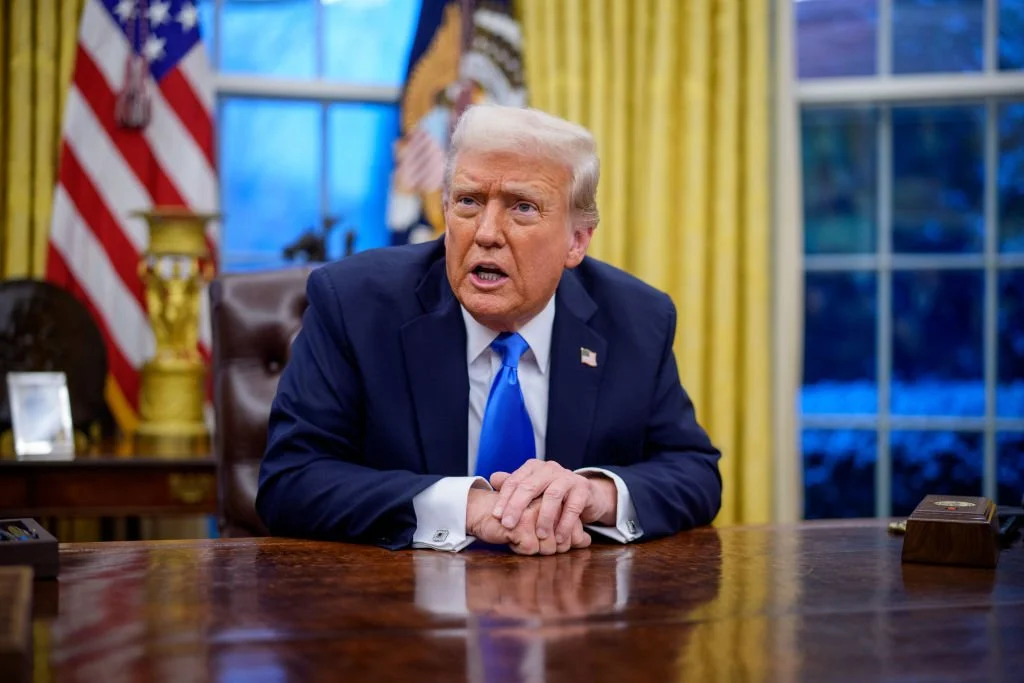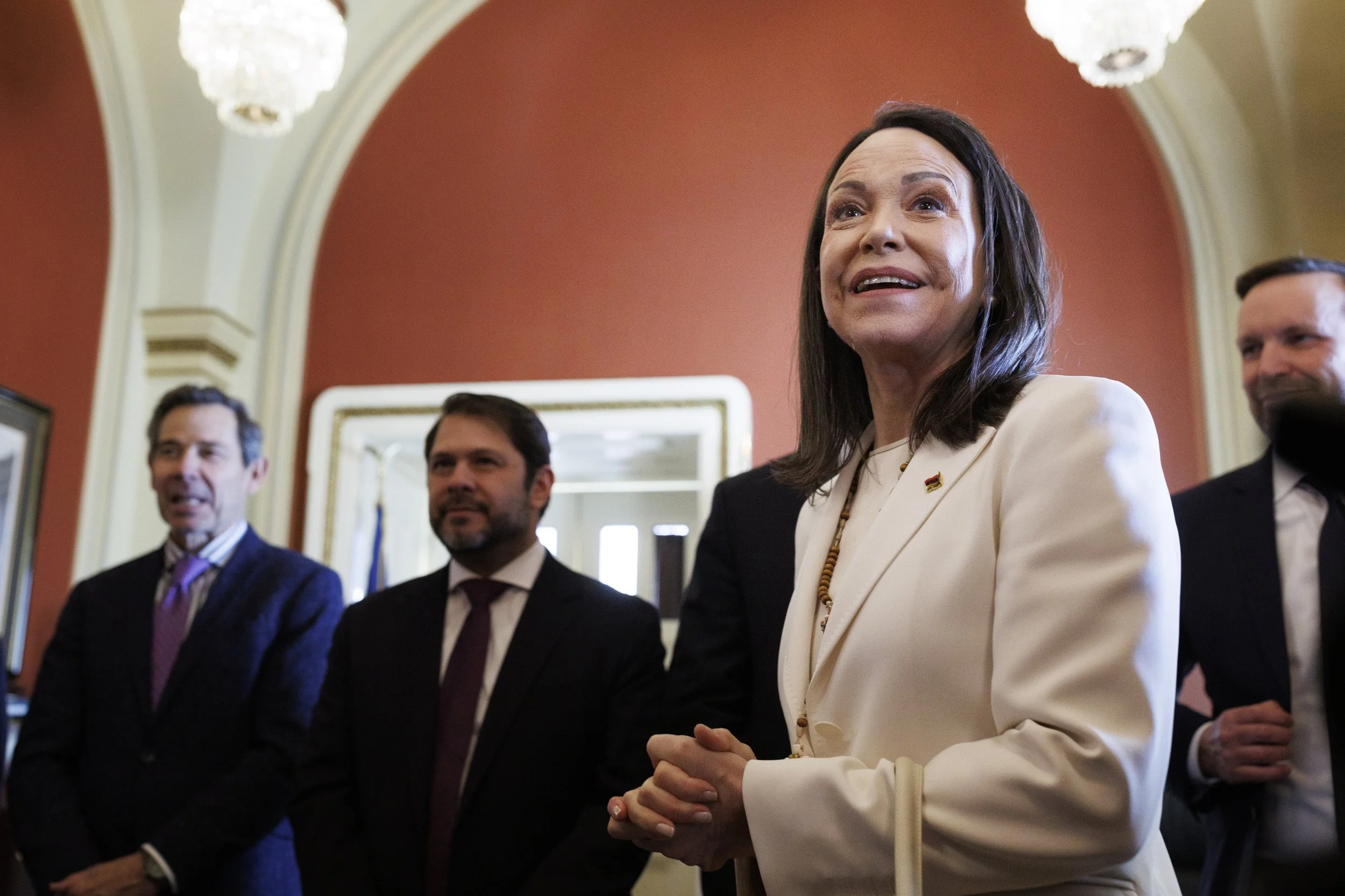Debt Ceiling Fight Threatens to Derail Trump’s ‘Big, Beautiful Bill’ in Senate
Billionaire Elon Musk continued his criticism Wednesday of President Trump’s “big, beautiful” bill, which the Senate is taking up this week after the House passed it before the Memorial Day holiday.
It comes just a week after Musk left the White House, where he was leading the Department of Government Efficacy (DOGE) — a federal cost-cutting initiative and was dubbed the “First Buddy.” Now, he says the “massive, outrageous, pork-filled” bill would “massively increase the already gigantic budget deficit” and “burden American citizens with crushingly unsustainable debt.”
So far, Trump has responded to Musk’s attacks on the bill, as he has with GOP lawmakers who are not supporting the legislation. Instead, Press Secretary Karoline Leavitt said, “The president already knows where Elon Musk stands on this bill. It doesn’t change the president’s opinion.” But, House Speaker Mike Johnson (R-LA) reportedly told colleagues in a closed-door meeting Wednesday that Trump is "pissed off" at Musk.
OVER TO THE SENATE
Sen. Rand Paul (R-KY) said he cannot vote for President Trump’s “big, beautiful” tax and spending bill because it raises the debt ceiling. Trump responded Tuesday by claiming the senator “has very little understanding” of the budget plan and “loves voting ‘NO’ on everything.”
Exactly how much the legislation will raise the debt ceiling remains to be seen. An analyst by the non-partisan Congressional Budget Office (CBO) estimates the bill would add approximately $2.4 trillion to the federal deficit over the next decade. Republican leadership in the House and Senate have criticized the metrics used by the CBO, but other nonpartisan and even conservative outlets have put the number in a similar $2–$4 trillion range.
REWIND ON THE LEGISLATION
The more than 1,100-page bill would make permanent Trump’s 2017 tax cuts, which were set to expire this year, and delivers on some of his campaign promises, such as eliminating taxes on tips and overtime wages. Those tax cuts are projected to reduce federal revenue by about $3.75 trillion over the next decade. Meanwhile, the bill could cut federal spending by about $1.3 trillion, according to the CBO, through reductions to Medicaid and rollbacks of Biden-era clean energy tax credits.
THE GAME PLAN
Senators returned to Capitol Hill this week to begin considering the One Big Beautiful Bill Act, which they plan to revise and send back to the House before it heads to Trump’s desk. The goal is to get the legislation passed before the July 4th holiday, as the U.S. borrowing limit will need to be moved by mid-July or the federal government could default on its bills.
Senate Republicans can only afford to lose three votes before the bill fails.
GOP Sens. Ron Johnson (WI) and Mike Lee (UT) are calling for deeper spending cuts, while Sens. Josh Hawley (MO), Jim Justice (WV), Lisa Murkowski (AK), and Susan Collins (ME) have expressed concerns about proposed Medicaid cuts.















